Learn to Move Beyond the Pain of Loss
An action-based, powerful, directed approach to healing from life’s deepest heartbreaks.

Corporate
Workshops
We provide grief and loss training, keynotes, and workshops for organisations around Australasia.

Become Certified to Help Others
Grief Recovery Method teaches individuals and therapists to support clients as they overcome grief.

Get Help to Move Past the Pain of Grief
Learn the only evidence-based approach to move beyond death, divorce and other losses in your life.
You Don’t Have To Bear
The Pain Of Loss Forever
Grief is the normal and natural reaction to loss — whether that loss was caused by a death, the end of a relationship, loss of employment, or one of the significant life events that invoke this strong and overwhelming emotion.
The Grief Recovery Method is an action plan; a series of small steps that lead to the completion of the unresolved communication that is linked to the loss.
If you are struggling to move beyond the pain of grief or want to provide clients with a strategy to overcome a significant loss, you will find the solutions through our services. Book a call to find out more.
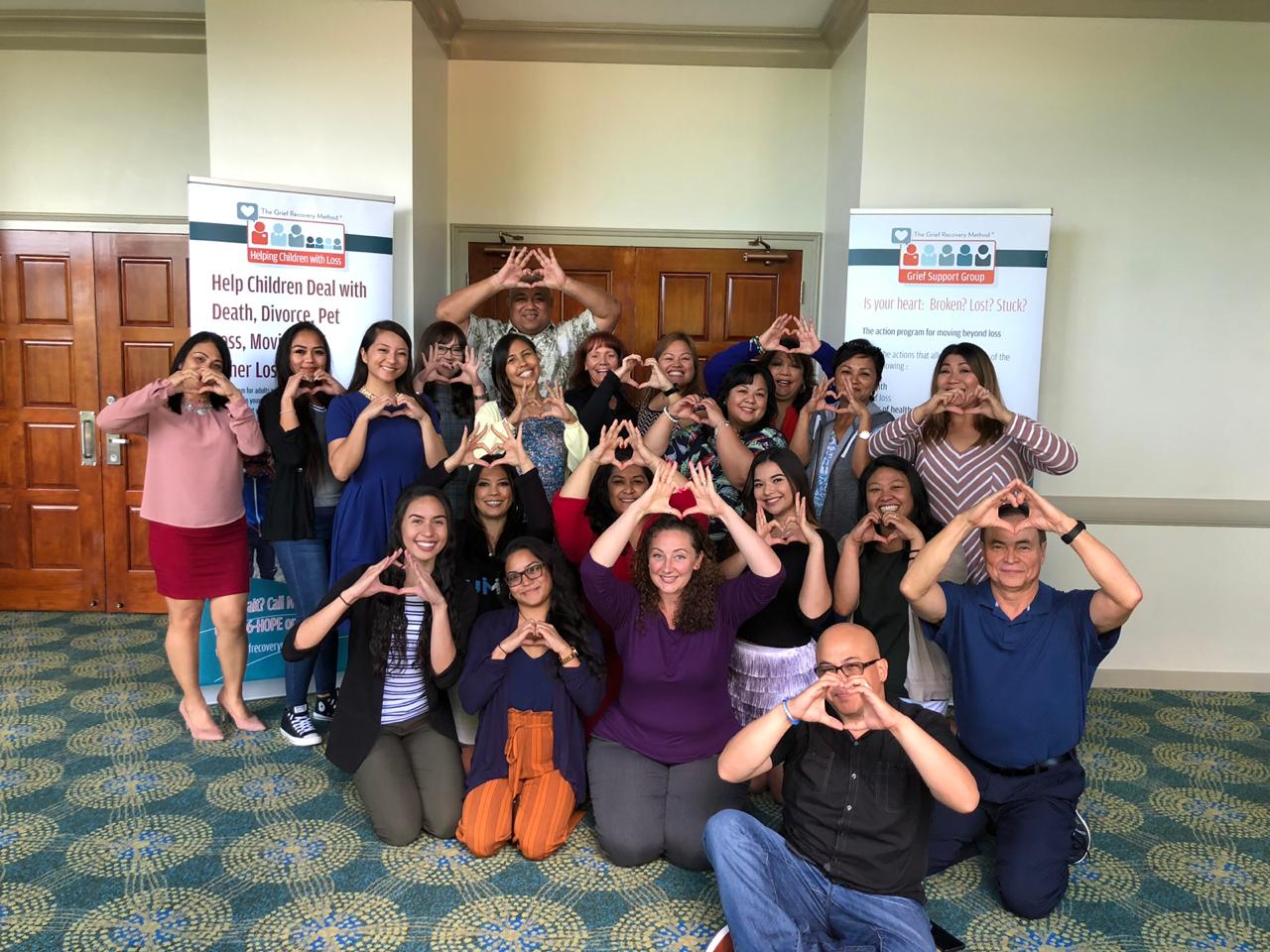
OUR STORY
Grief Recovery Institute of Australasia is an extension of a global program.
Our evidence-based, sequential method was developed to help people overcome grief.
As a result of our training, people describe having a “weight lifted from their shoulders” and a renewed ability to enjoy their life.

OUR SERVICES
The Grief Recovery Method works with therapists, individuals and organisations.
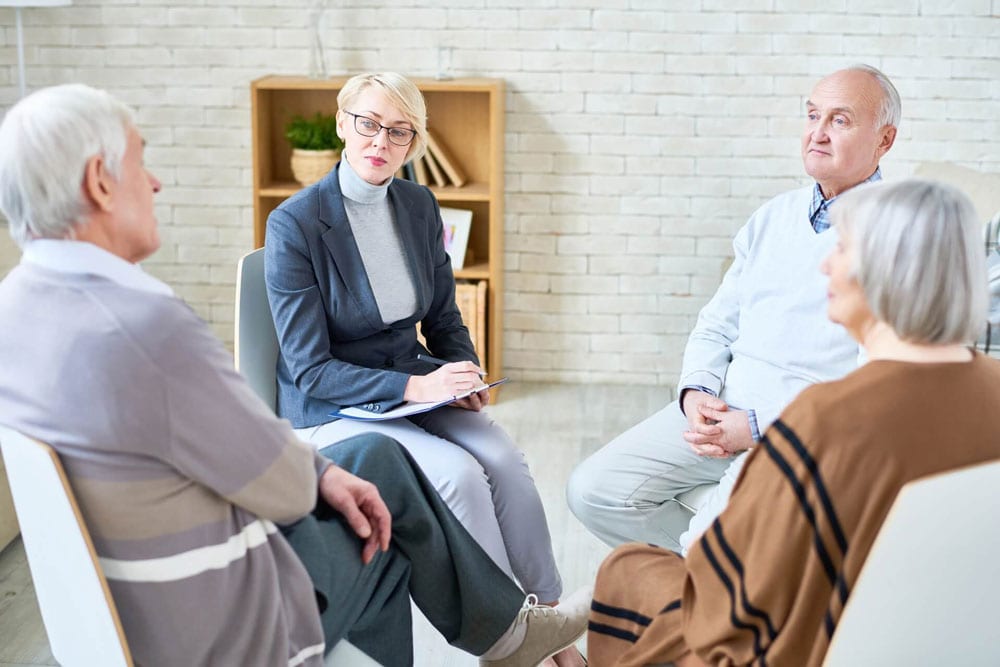
Training & Certification
Learn a step-by-step framework to help your clients overcome grief and loss.

Grief Recovery Program
Work through an action and evidence-based program to move on from grief.

Helping Children with Loss
Equip your team to help their clients transition beyond feelings of despair.

Resources
Access helpful publications written for children, adults and therapists.
Download Guide for Loss
ENTER YOUR NAME & EMAIL ADDRESS TO DOWNLOAD
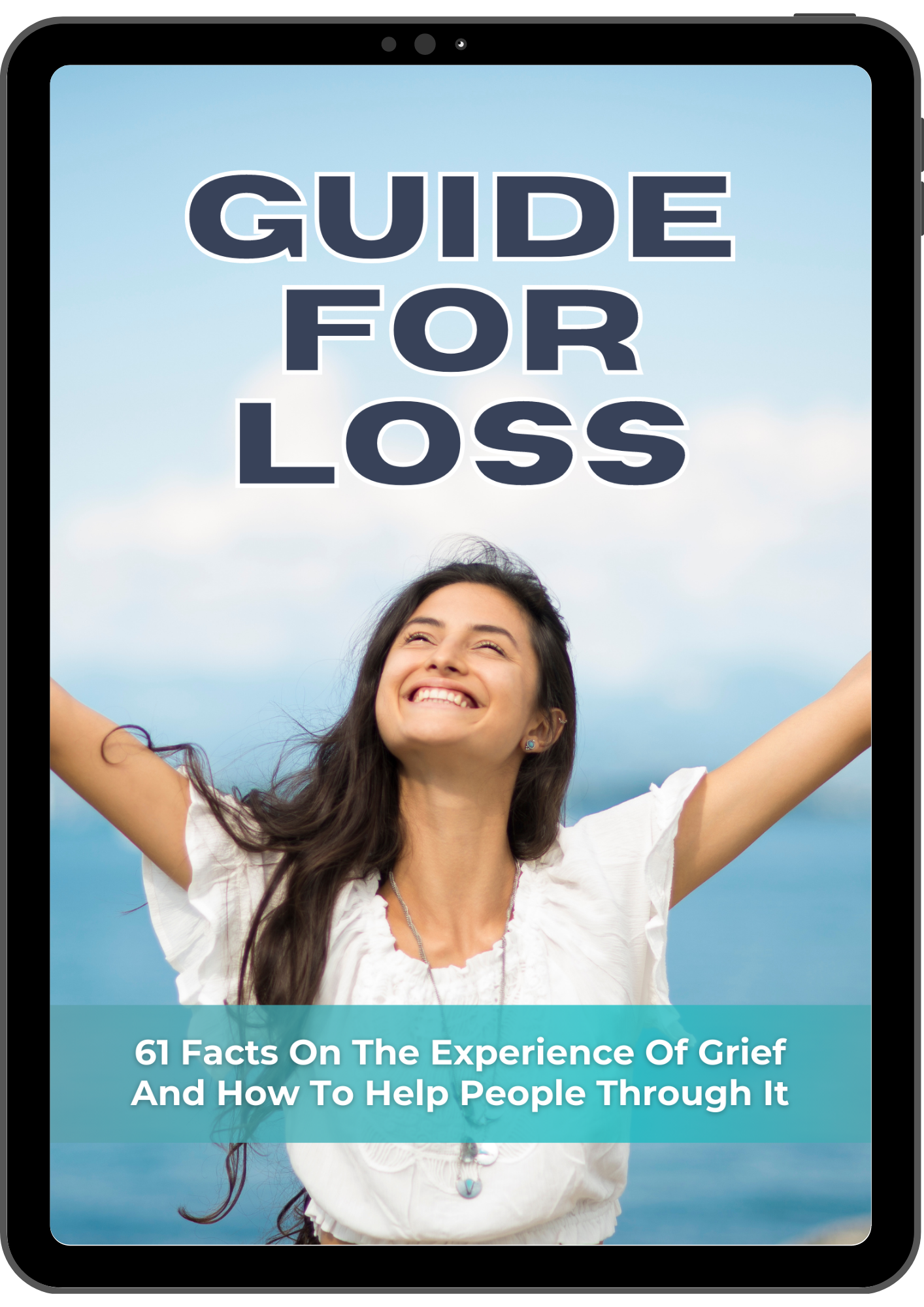

TESTIMONIALS
Hear from Australasianss who have participated in the Grief Recovery Method training.
Loss of a Child
Grieving the Loss of a Child
Grieving the Loss of Family
Grief from Childhood

Why Choose Grief Recovery Method?
A unique program that is more than counselling

46-Year History
Grief Recovery Method has been shared for almost 50 years.

Evidence-Based
You won’t find any other evidence-based grief recovery method training.
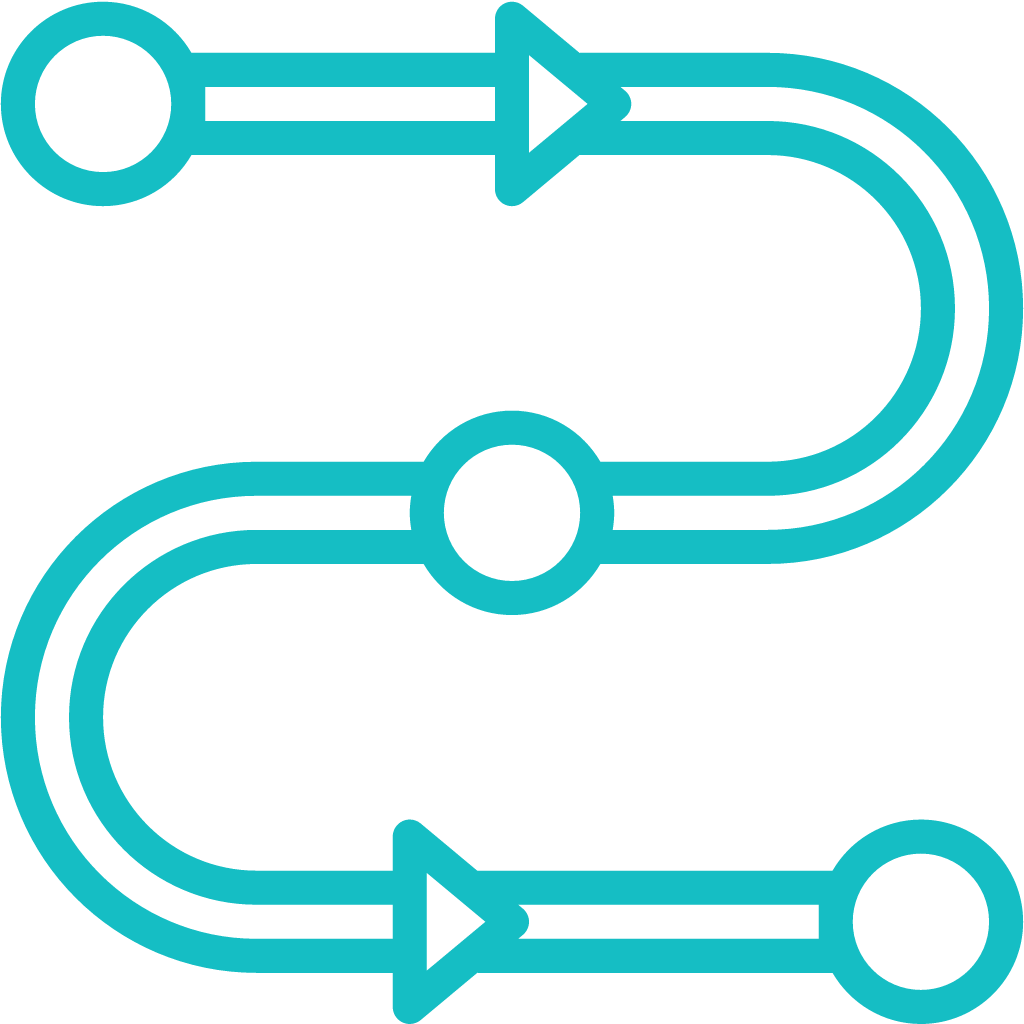
Step-by-Step Program
Go beyond understanding and take action to move beyond the pain of loss.
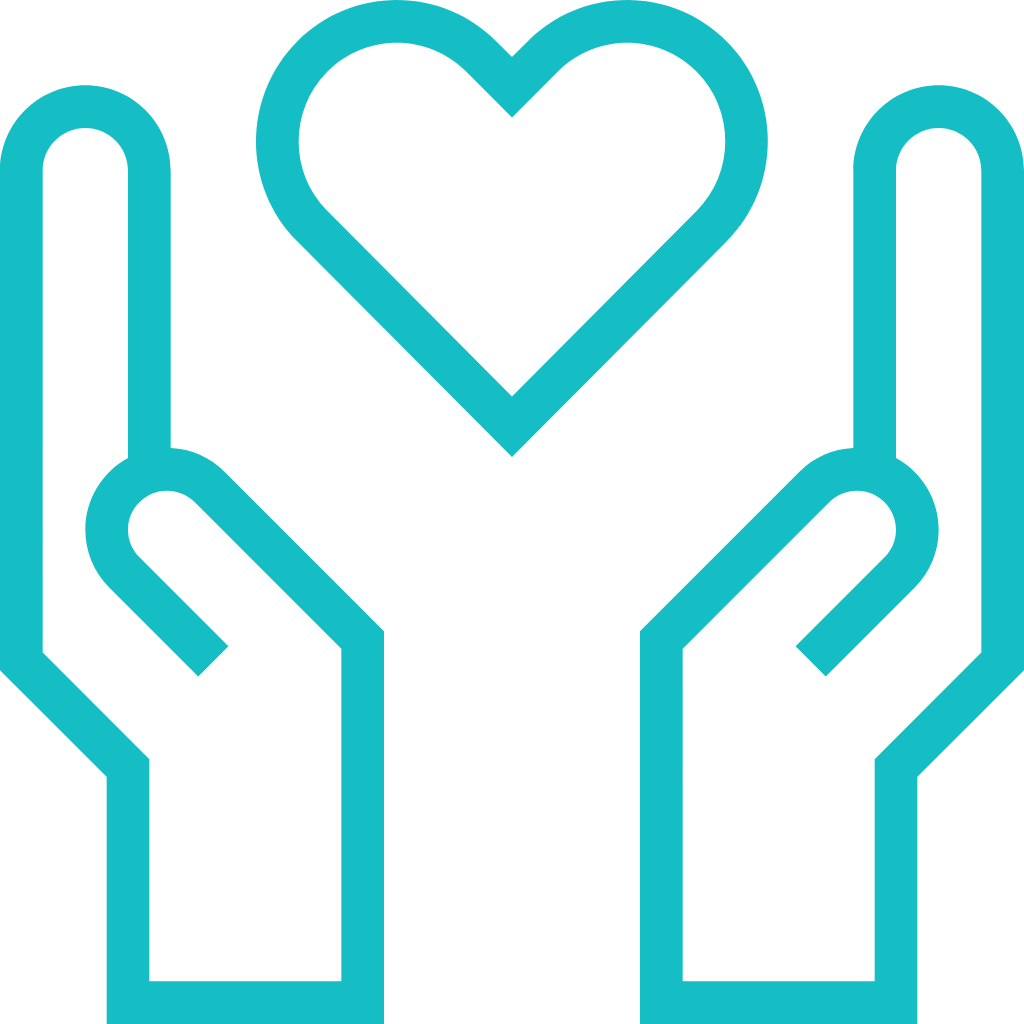
Improve Your Therapeutic Services
Grief Recovery Method has been shared for almost 50 years.
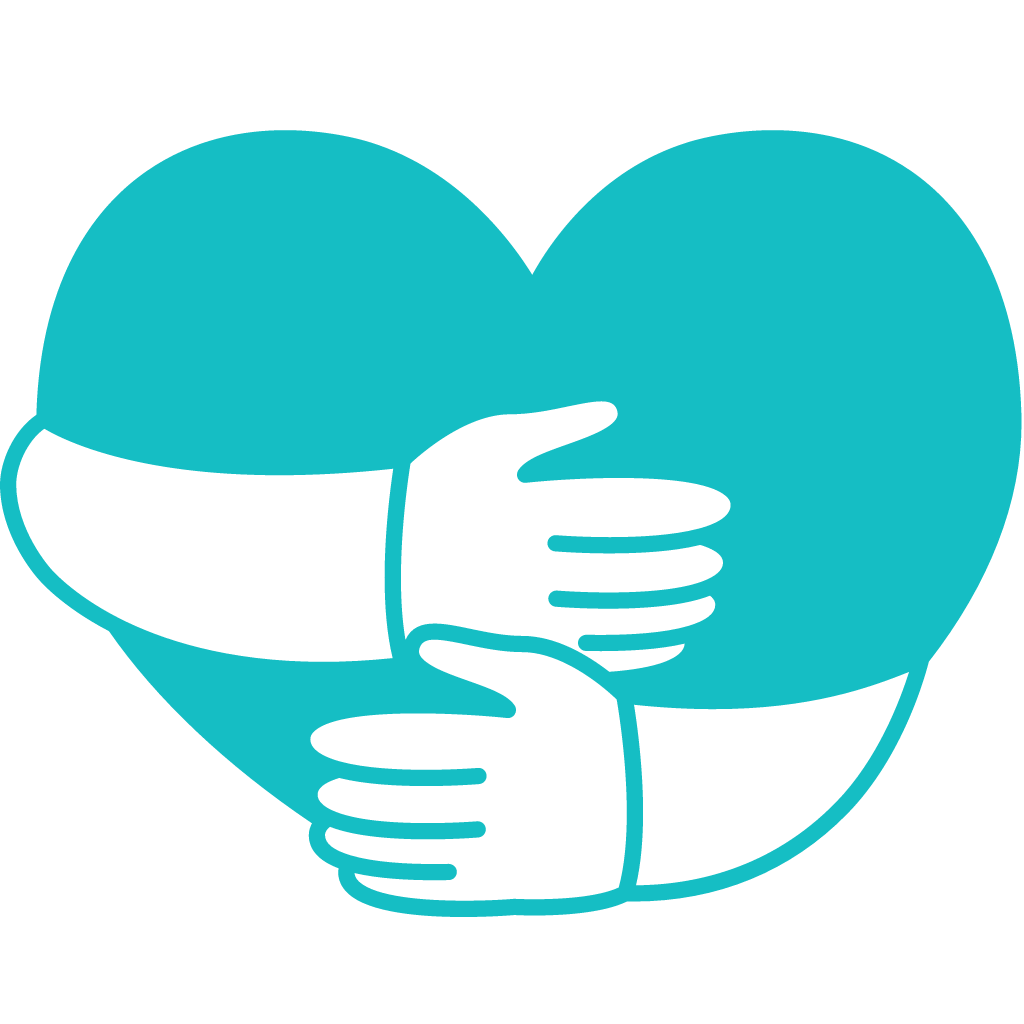
Caring, Authentic
Team
You won’t find any other evidence-based grief recovery method training.

Learn to Live
Go beyond understanding and take action to move beyond the pain of loss.

From Our Blog
You don’t have to feel alone.

Grief Can Be Scary
Most of us deal with grieving experiences on a regular basis and never realize it! While most people associate grief with death, it’s something that reaches far beyond that narrow focus. Grief is the normal and natural reaction to every change we experience in life. Many of those changes are so small that, while we have feelings attached to those events, we do not label them as grief.
Most of us learn to bury our emotional pain at an early age, because, without their even realizing it, our parents have told us to do just that. Think back to an early loss that caused you to cry. It may have been a lost treat, toy or even a balloon. In all likelihood, your parents told you, “Don’t feel bad,” and probably added, “We will get you a new one.” Now ask yourself, when they first said those words, did you feel any better? Perhaps you felt somewhat better if they were able to quickly replace it with an identical copy, but in those first moments you still felt sad.
That discounted grief you felt in those first moments helped set the stage for how you would deal with grief and loss for the rest of your life. As you dealt with more losses, at that early age, you probably heard those same words many times. The message that you internalized, again without realizing it, was that showing feelings of sadness was not the right thing to do and you simply stuffed those feelings inside. This is hardly a unique experience. With these additional losses, you were likely given intellectual reasons why you should not feel bad. While that might not have helped you feel any better, the logic that was used further convinced you to discount the impact of each loss.
What you did not understand, because there was no one to tell you, is that grief is emotional and not intellectual! A grieving person may try to deal with their feelings in their head, but that offers little solace. Grievers have broken hearts, not broken heads.

How do people store grief energy?
Perhaps the best way to describe what is happening to you, when you continue to stuff those feelings of emotional pain of loss, is with an analogy.
Think about a large mixing bowl. Every time you stuff another painful emotional experience, rather than releasing it, it is like adding water to that bowl. Sometimes, you are adding a few drops. Other times you add a teaspoon or a cup of water, depending on the emotional intensity of the loss. As time passes, you are slowly filling up that bowl. In a sense, just as you see there is less unfilled space in that bowl, in your heart, you have less space for joy in your life. The process of filling this bowl is so gradual, as you store more losses inside, you never notice that it is getting heavier and heavier. Then, one day, you experience another loss that causes your bowl to overflow.
All of us, at one time or another, have had a moment when we found ourselves overreacting to something that has happened. In that moment, you cannot help adding a little more volume to your voice or being more physical in how you respond to your situation. Sometimes you might even realize that you are over reacting, but you just cannot help it, because it feels so good! It’s in those moments that your emotional bowl is so full that you cannot help but shake it to splash out some of that water. You are a little out of control, and have no tools to relieve that pressure that has been building up inside.

That lack of control is what makes grief scary!
Most of us develop the ability to try to control lives and emotions. That is one part of the socialization process. When you are deeply grieving a loss, it’s then that you feel a loss of control. Suddenly, you cannot control your feelings and that can be overwhelming. You might find yourself feeling sad and/or crying without any ability to stop. You might find that things that were once important no longer have any meaning. These are among the many common reactions people have to grief. This can be scary, since this is different than what you have experienced before. It can make you afraid of your future, since, due to that loss, it’s likely not the future you had planned.

What actions do we take to deal with that fear?
When feeling so overwhelmed, there are two different directions that grievers take.
The first is to start looking for physical actions you can take to feel better. It might be having a drink or taking medication. Some turn to food or exercise, while others find temporary relief in gaming of some kind. The list of possibilities is endless. The problem is that these only offer a measure of relief while you are doing them. Once you are done, that emotional pain tends to resurface. These activities are called Short Term Energy Relieving Behaviors. They offer short-term relief, but no lasting sense of well-being.
The other activity that many turn to is to seek out a support group. (If that “short-term” relief has grown into a grief issue of its own, it might be a group to help you deal with this new problem!)
Independent support services can be very helpful, if they are properly directed. The problem with most of these groups is that you will not know how effective it is until you participate. Some of these groups fail in that try to assist you by exploring your problem from an intellectual perspective. As was mentioned before, no amount of logic will help if it does not direct you to taking action concerning the underlying emotional issues of loss. Other groups can unintentionally focus on supporting your emotional pain, rather than helping you find direction beyond its power. After my cousin’s husband died, following a brief illness, she joined a group where everyone seemed intent on convincing everyone else that their personal loss was the biggest. She left the meeting feeling worse than when she arrived, because the others in the group discounted her emotional pain. Neither of these types of groups offer any level of “grief relief” or support in the long run.

Where can you find real support and assistance?
A Certified Grief Recovery Specialist has undergone specific training to help you take emotional action to deal with the underlining issues that make your personal grief so overwhelming. They understand the power of loss, because they have also dealt with the grief in their own lives as part of their training. They understand the definition of grief as being about the emotional pain of loss, rather than being an intellectual issue. A trained Specialist will walk with you as you take the necessary actions to deal with your own emotional pain, rather than just telling you why you should not feel bad. He or she will help you to safely drain that bowl of emotional pain that you have filled over your lifetime.
The recovery that you experience from taking this action is in that you can once again enjoy your fond memories without being overwhelmed by your emotional pain. It’s not about forgetting, but rather taking positive action to deal with the unfinished business in your relationship: the things that you might have wished had been different, better or more. This is not an action of “disrespect” for the loss you have experienced, but instead one that allows you to respect and share the value of a positive relationship with others. In those situations, where a relationship was a negative rather than positive one, it will allow you to once again regain control over your happiness and future.
Once you have taken this action for yourself, you may find that you, too, want to become a Certified Grief Recovery Specialist and help others on their journey to recovery. Your qualifications for becoming a Specialist are not based on years of post-graduate study. What you need is an urge to help others, and special training in assisting those people using The Grief Recovery Method and “The Grief Recovery Handbook.”
A final thought
If you have found grief to be overwhelming for you, it’s not because there is anything wrong with you. Grief is the normal and natural reaction to change in your life. Likewise, if you have felt lost in how to deal with that emotional pain, it’s simply because you never had the proper tools to deal with it effectively. The Grief Recovery Method can offer you that direction and the opportunity to look forward to another day, rather than fearing what it might bring. Grief can be scary, but it does not need to destroy your life and your ability to feel joy, unless you allow that to be the case!
Are you grieving and interested in knowing more?


Ready For Change?
Start your journey today.

Step 1
Book A Free Call
Contact us to find out how we can help you as an individual or a therapist.

Step 2
Schedule Your Training
Learn how to overcome grief and begin to heal yourself or others.

Step 3
Move Forward
Finally feel like you know what to do when it comes to dealing with loss.
Lift the Weight of Grief
Nobody should have to live with the permanent pain of grief and loss.
Learn the Grief Recovery Method today.
